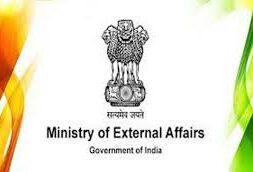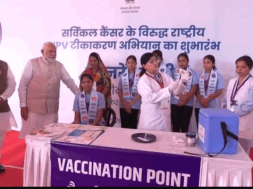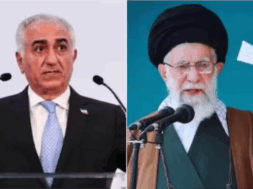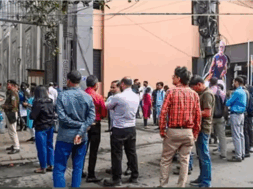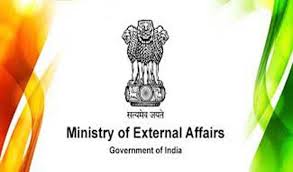
India Rejects Pakistan’s Criticism of J&K Delimitation Report
NEW DELHI, May 17: The Ministry of External Affairs on Tuesday categorically rejected the “farcical resolution” passed by Pakistan’s National Assembly over the report on the delimitation of constituencies in the union territory of Jammu and Kashmir.
The National Assembly of Pakistan had on May 12 passed a resolution rejecting the Delimitation Commission’s report which was released earlier this month. The Assembly alleged that the report aims to convert the Muslim majority of the region into a minority, “further marginalize, disenfranchise and disempower the Kashmiri population”, and “advance the political and electoral objectives of the BJP.”
The ministry spokesman Arindam Bagchi said, “Pakistan has no locus standi to pronounce on or interfere in matters that are internal to India, including the Indian territories under Pakistan’s illegal and forcible occupation.” Asserting that the entire territory of the UTs and Ladakh “has been, is and shall always remain an integral part of India”, Bagchi added that the delimitation exercise is a “democratic exercise based on the principles of extensive stakeholder consultation and participation.”
Bagchi, in the statement, also hit out at Pakistan’s leadership, “It is regrettable that instead of putting their own house in order, the leadership in Pakistan continues to interfere in India’s internal affairs and engage in baseless and provocative anti-India propaganda.”
Lastly, the MEA called upon Pakistan to end “anti-India cross-border terrorism” and human rights violations in Pakistan-occupied J&K and Ladakh (PoJKL), “refrain from effecting any further material changes in the status of PoJKL, and vacate the Indian territories that are under its illegal and forcible occupation.”
The J&K Delimitation Commission in its final report released on May 6 had recommended seven additional constituencies — six for Jammu and one for Kashmir — taking the total number of seats in the UT to 90 from 83 earlier. This will increase the number of seats in the Jammu Division to 43 from 37 seats earlier, and that in the Kashmir Valley to 47 from 46 earlier.
(Manas Dasgupta)
